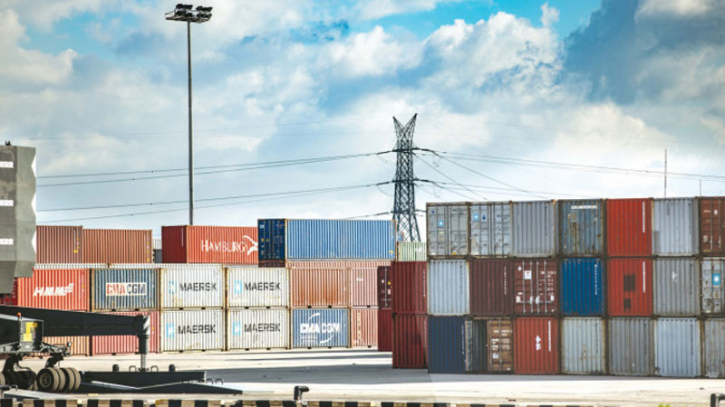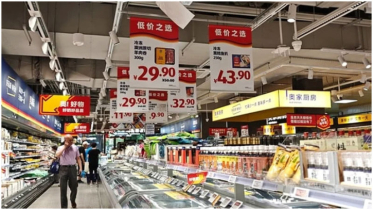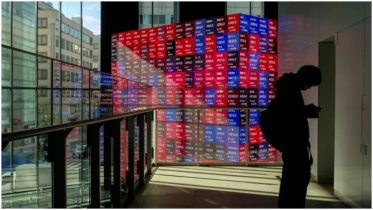UK offers duty-free access for 92% Bangladeshi exports

After graduating from the Least Developed Country (LDC) status, Bangladesh will get duty-free export facilities for 92 per cent of tariff line products, including ready-made garments (RMG), in the UK market.
The United Kingdom has also assured Bangladesh of lifting the existing ban on betel leaf export from the country, said sources present at a meeting of the joint working group formed for the expansion of bilateral trade and investment between the two countries.
"The UK delegation said their Developing Countries Trading Scheme is very generous and flexible. Under the UK policy, Bangladesh will get duty-free export facilities for 92 per cent of manufactured goods, including garments, after graduating from Least Developed Country status," Md Abdur Rahim Khan, additional secretary (Export) of the commerce ministry, who led the Bangladesh delegation at the meeting held in the capital yesterday, told The Business Standard.
Commerce ministry officials said the UK will continue providing Bangladesh with different facilities under the Generalised Scheme of Preferences (GSP) for three years as a transition period after LDC graduation in 2026. The group of least developed countries, including Bangladesh, has applied to the World Trade Organisation seeking GSP benefits for six years after LDC graduation. At the joint working group meeting yesterday, Dhaka also proposed that the UK continue the facilities for six years following LDC graduation as a transition period.
The UK delegation said they will discuss the matter at their policy level, a senior official present at the meeting told.
Before Brexit, the European Union (EU) imposed a ban on betel leaf imports from Bangladesh almost a decade ago. In 2021, the EU lifted the ban, but it is still in place in the UK.
In response to Bangladesh's request yesterday, the UK delegation said they too will follow the EU's decision to lift the ban on betel leaf export and discuss the matter with their Food Standards Agency, said Md Abdur Rahim Khan.
At the meeting, Bangladesh also discussed increasing the export of agricultural products – especially frozen fish, shrimp, frozen foods, mangoes and vegetables – to the UK.
On the other hand, the UK has emphasised the formulation of rules regarding cross-border higher education and the enforcement of intellectual property rights.
According to commerce ministry data, Bangladesh's merchandise exports to the UK peaked at $5.3 billion in fiscal year 2022-23 (FY23), up from $4.8 billion in the previous fiscal year, and double the figure from a decade ago when it stood at $2.7 billion.
Key export items contributing to this achievement include ready-made garments, frozen food, IT, engineering, leather and jute goods, as well as bicycles. Approximately 80 per cent of the exports comprise knitwear and woven garments.
Bangladesh's imports from the UK amounted to $380 million during the first 11 months of FY23 till May. It was projected to reach around $450 million by the end of the fiscal year on 30 June, as stated by a senior official at the commerce ministry.
Currently, the UK is the third largest export destination for Bangladesh, following the European Union and the United States.
.png)




